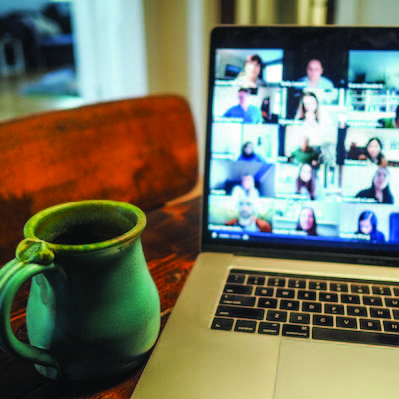

Source: Asian American Buddhist Voices.
There has long been a division between Asian American Buddhists and mainly white converts to the religion, and while there have been recent efforts to reconcile the two groups, recent political developments are reasserting ethnic Buddhist identity among young members, according to a report by NBC News (July 9). “[I]n the racial reckoning sparked by Black Lives Matter and the murder of George Floyd, growing anti-Asian racism during the pandemic and the coming of age of a younger, more outspoken, generation, Asian American Buddhists…are challenging the white-dominant narratives of Buddhism and re-centering Asian American identity in what it means to be Buddhist in the U.S.,” according to writer Caitlin Yoshiko Kandil. Chenxing Han, author of Be the Refuge: Raising the Voices of Asian American Buddhists, says that “Asian American Buddhists are tired of being ignored.”
Devon Matsumoto, 23, a social worker in the San Francisco Bay Area, grew up going to his Japanese Buddhist temple but noticed that Hollywood and the media depicted Buddhism usually showing a white person meditating in the mountains, which didn’t match his own life experience. Last year Matsumoto and about a dozen other people created The Young Buddhist Editorial, an online forum for Gen Z and millennial Asian American Buddhists to share their own writings and art. The group also started social justice book clubs and virtual workshops about “anti-Blackness;” curated a “Humans of Buddhism” photo exhibit; and compiled stories, poetry and art to honor people of Japanese descent incarcerated during World War II. After the shootings of eight people, including six Asian women, in the Atlanta area in March, the forum held a healing circle. “We’re trying to say: ‘This is how we as an Asian American Buddhist community, this is how we say we want to go, this is how we say we want to be represented,’” said Matsumoto, the group’s president.